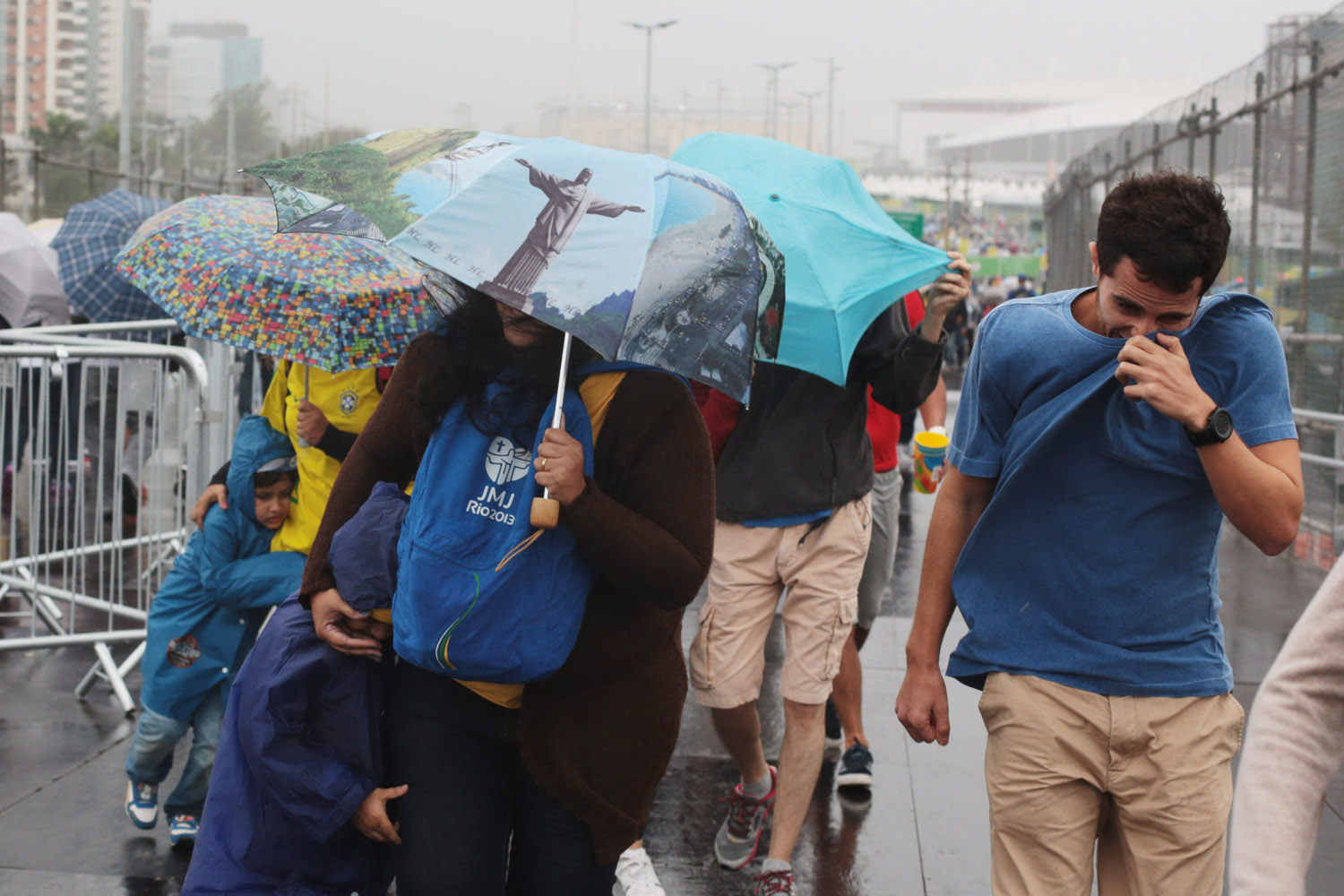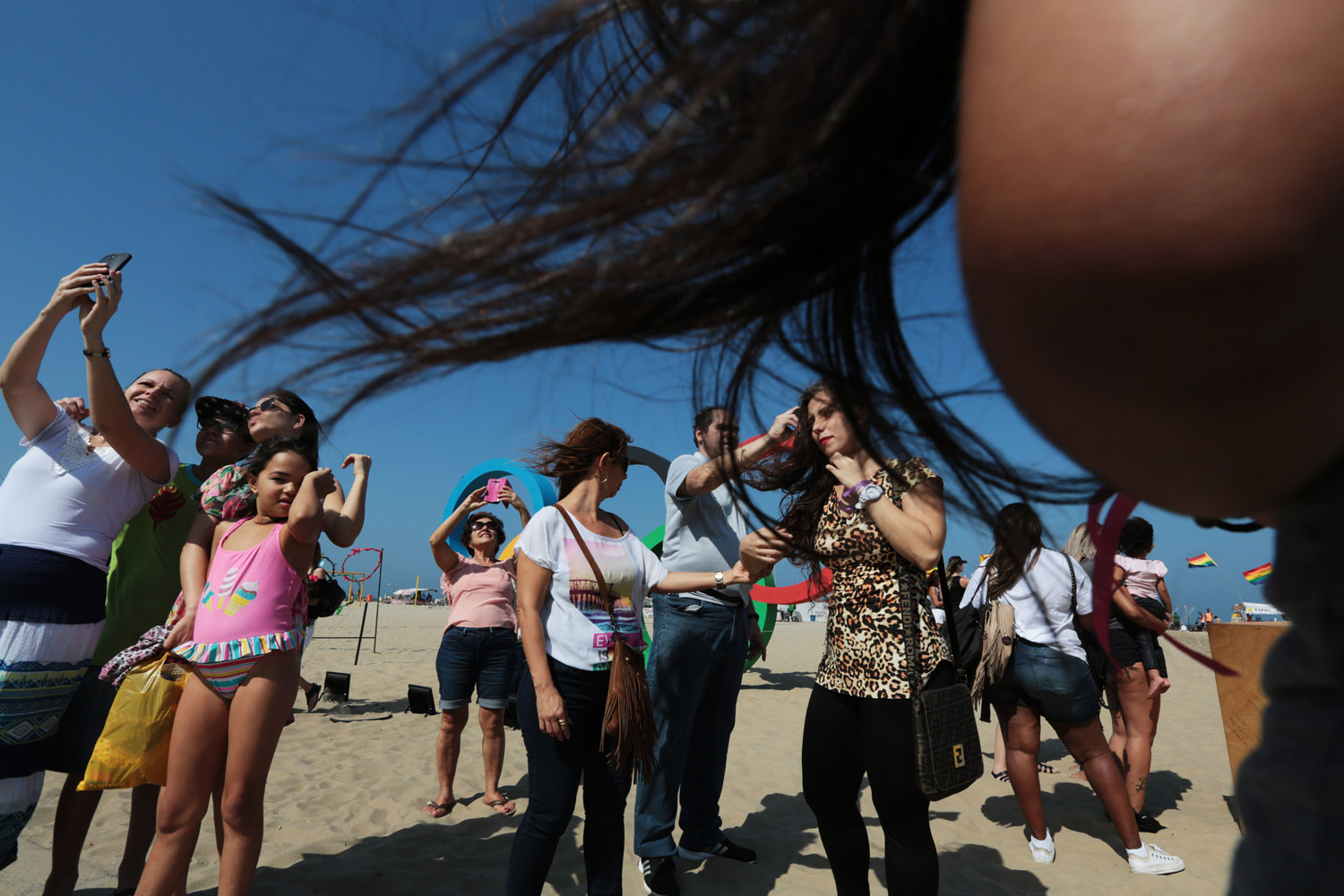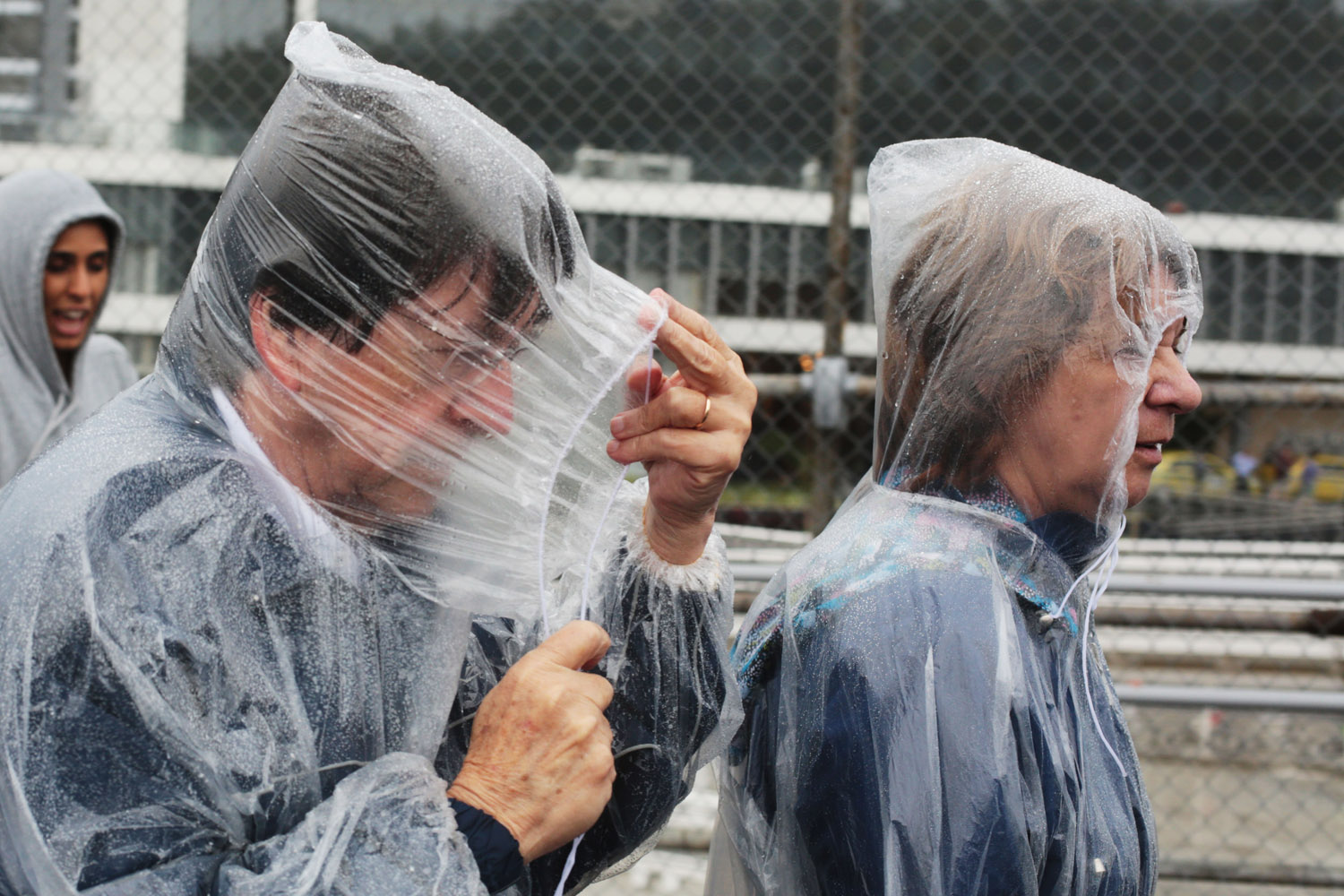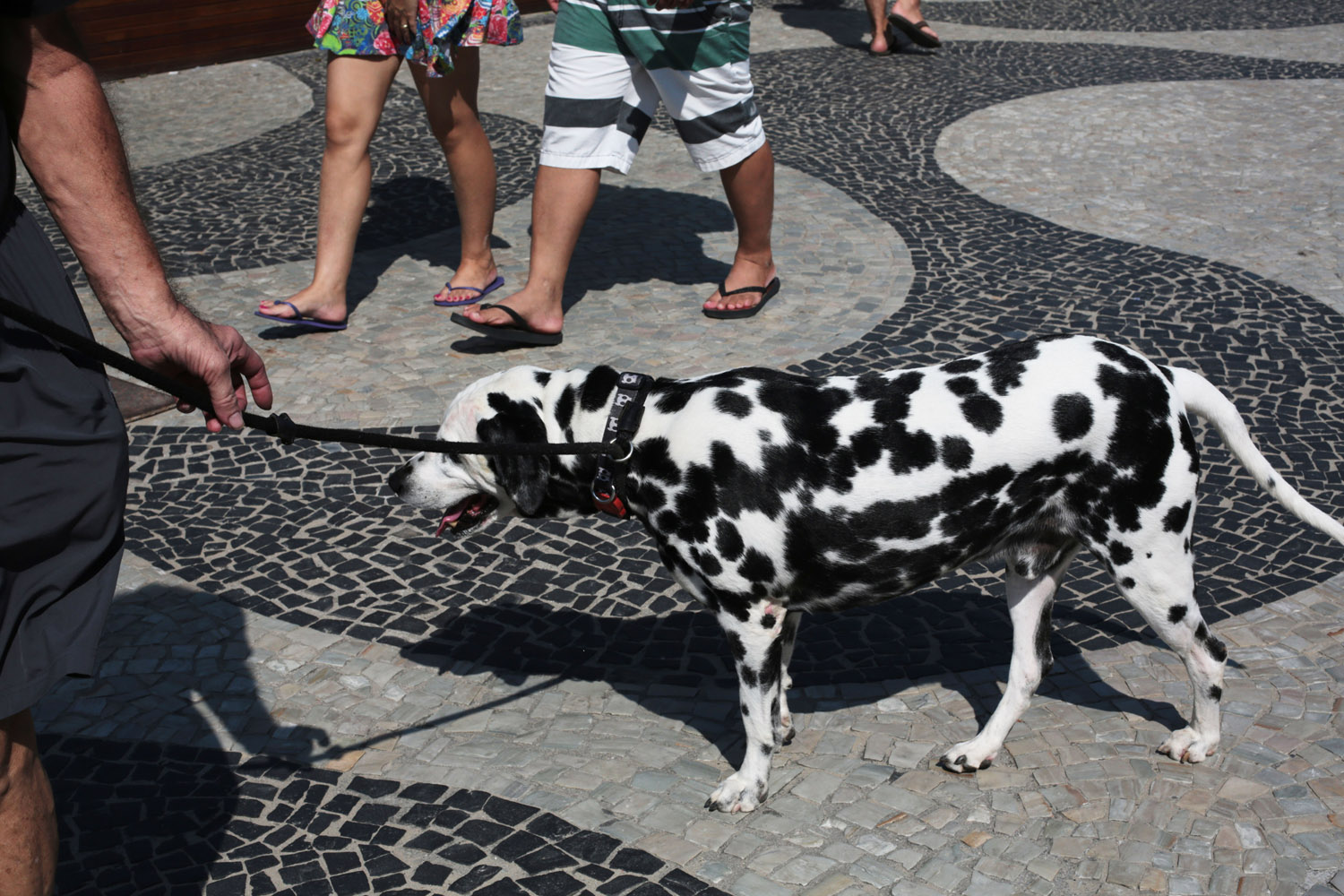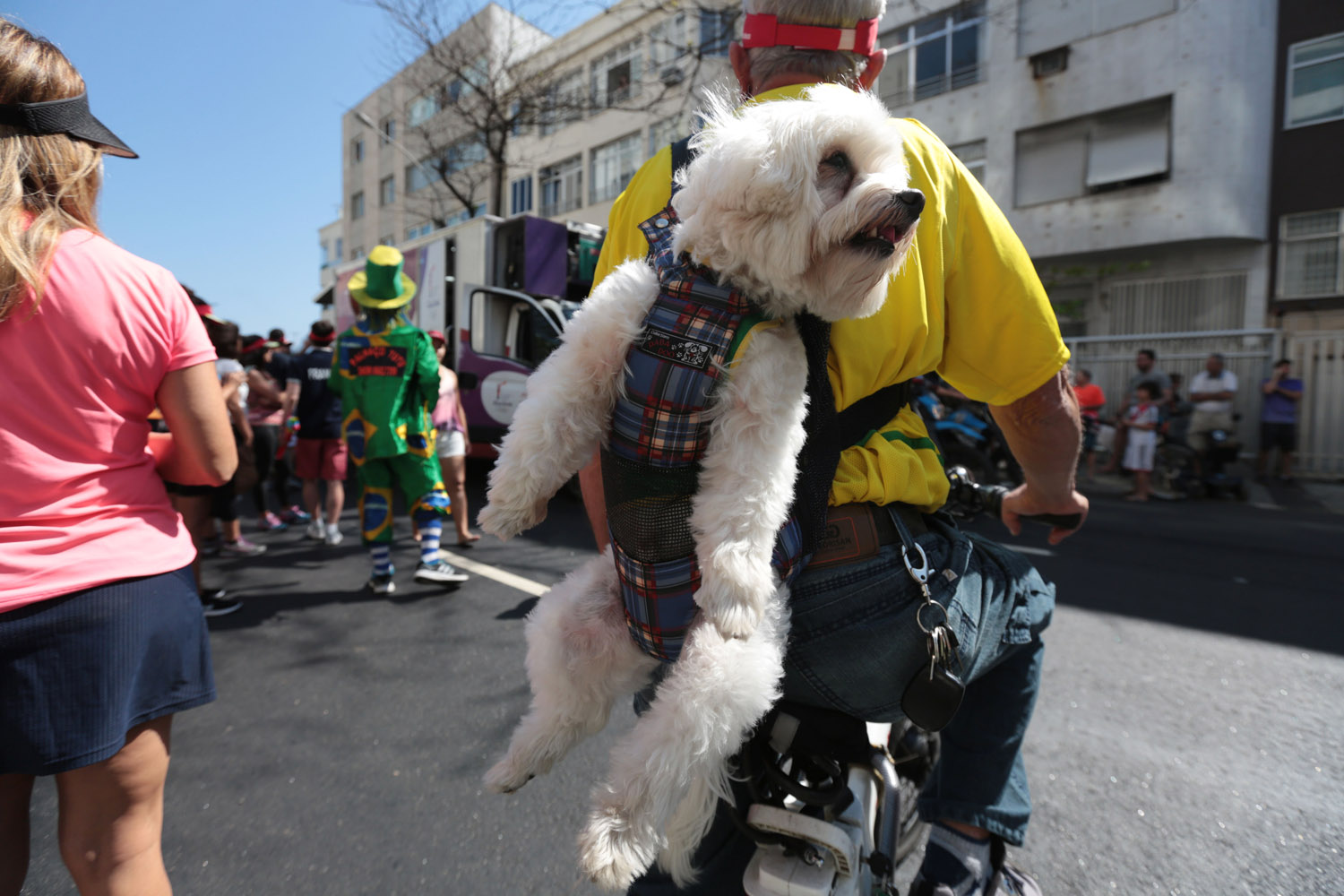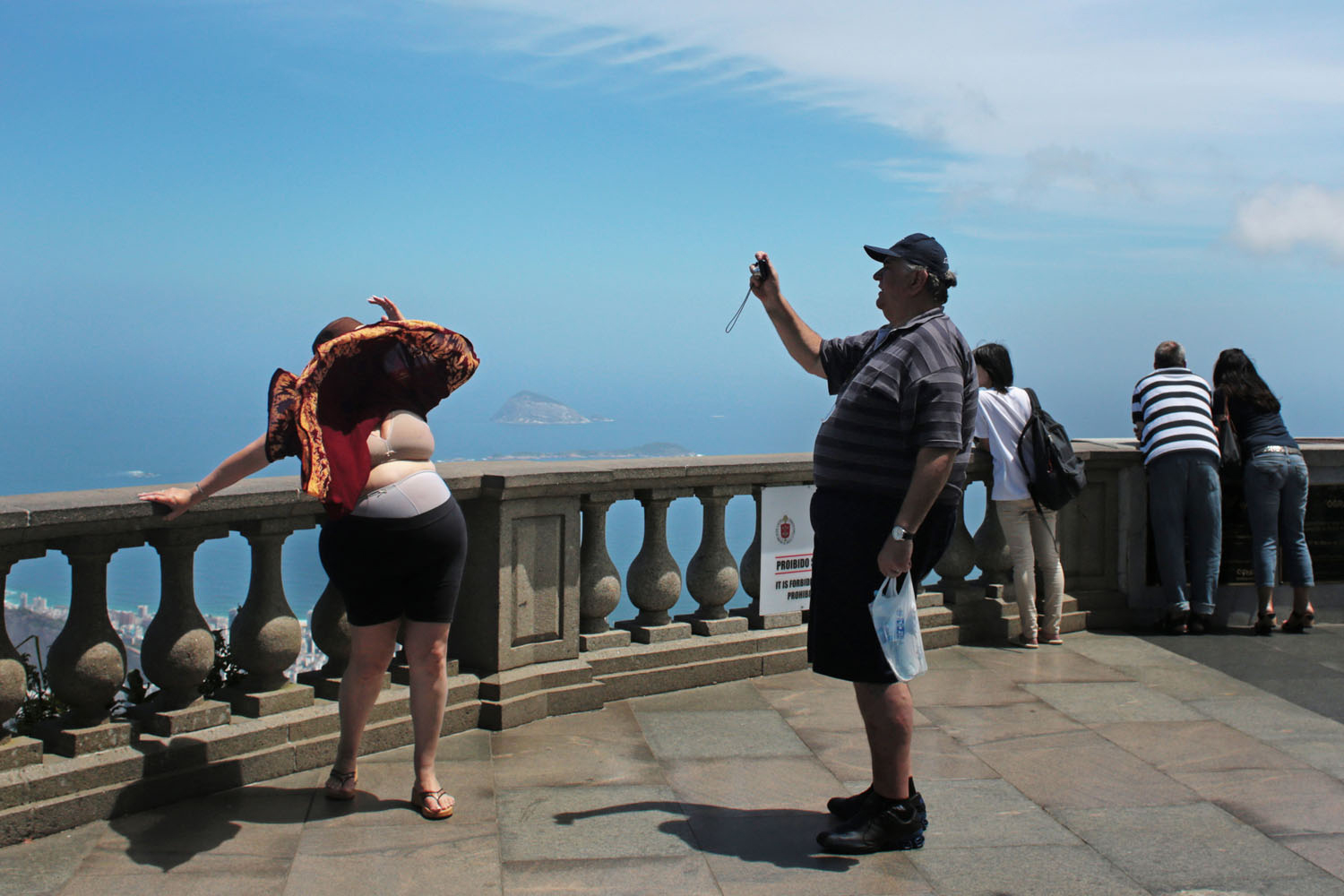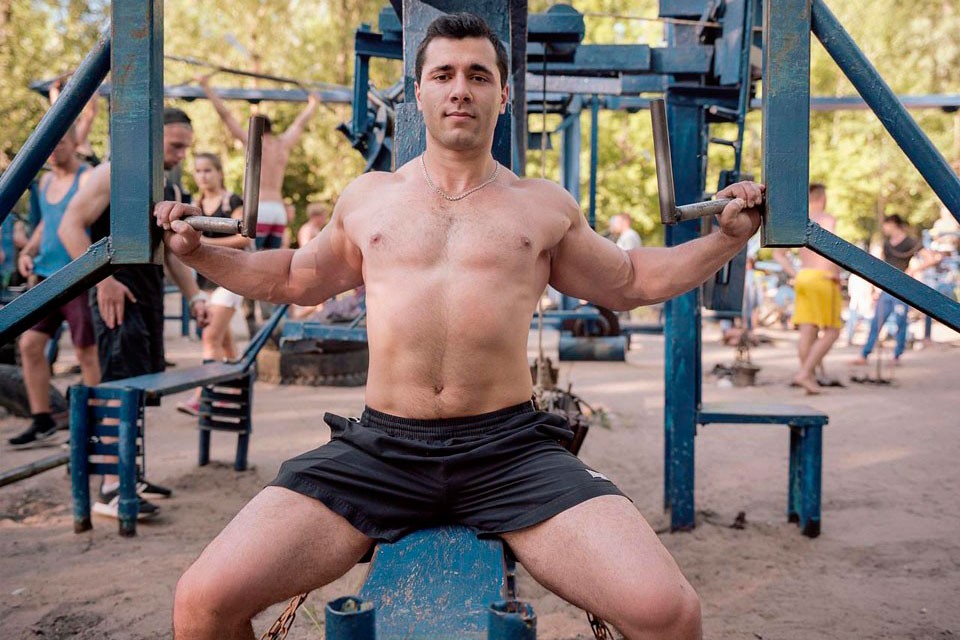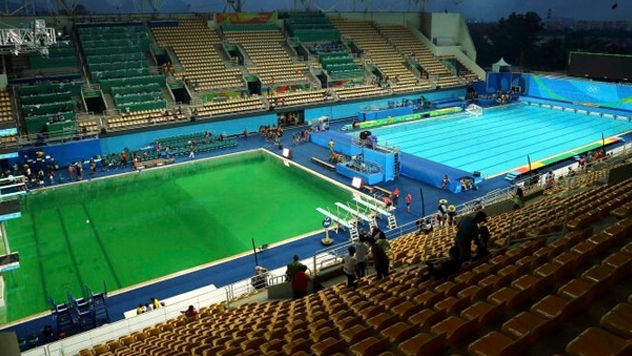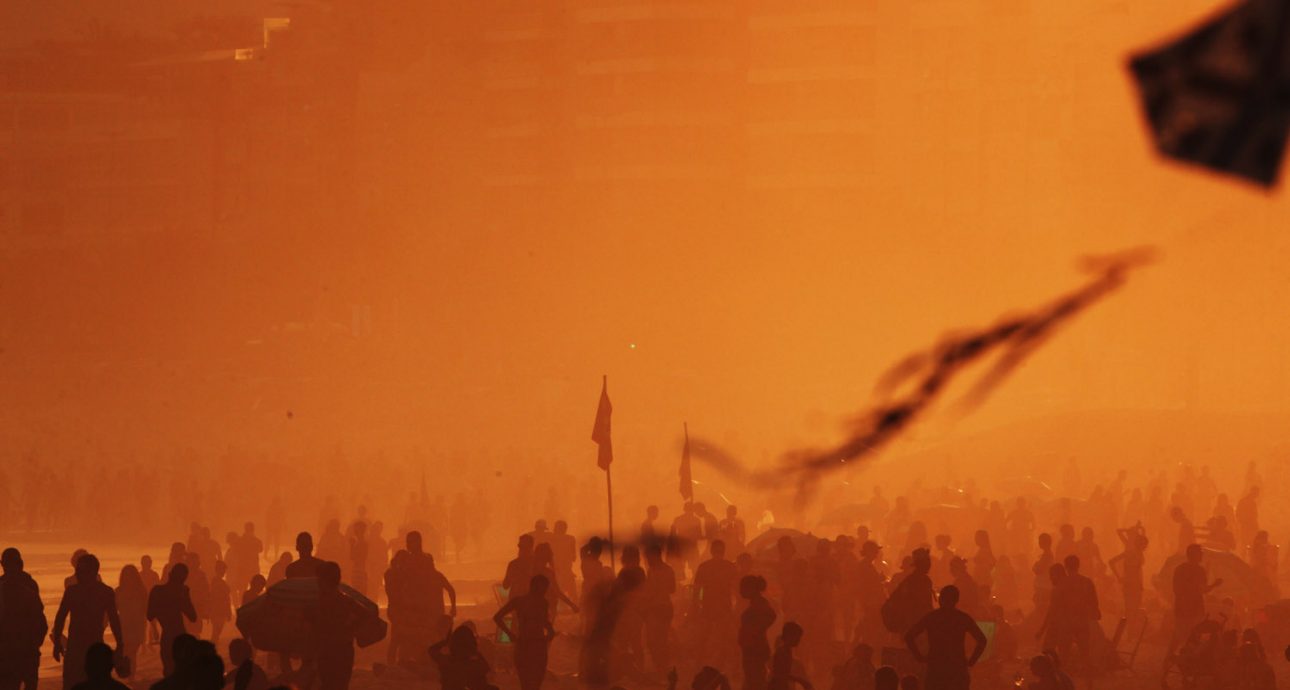
You Don’t See the Olympics Even Out of the Corner of Your Eye: Photographer on Working in Rio

Born and raised in Moscow, spent the past five years in South America. Worked as a sports photographer and photojournalist in the Russian media, currently freelances, works with Bigpicture.ru.
— Unfortunately, the main feeling of the Rio Olympics so far has been complete vulnerability. Equipment is stolen every day, even in the most guarded places. Some guy can approach you with a knife right on Copacabana. A suitcase with equipment can disappear at a cafe. Someone can steal your laptop in the House of Russian Fans during the celebration of the Olympians. Break into your locker in a press center. Steal your mobile phone when cleaning your hotel room. On top of that, you can accidentally end up in the middle of a shootout between the local gangs heading to the bus stop in the media zone. You end up carrying a 15 kg backpack with equipment everywhere, for 12–14 hours a day. This turns bathroom trips into an entertaining exercise.
During the road race I saw how photographers grouped up to minimize the risk of attack when they needed to walk 500m of ‘unprotected’ space between the press center and the road. It was like walking in open space, really.
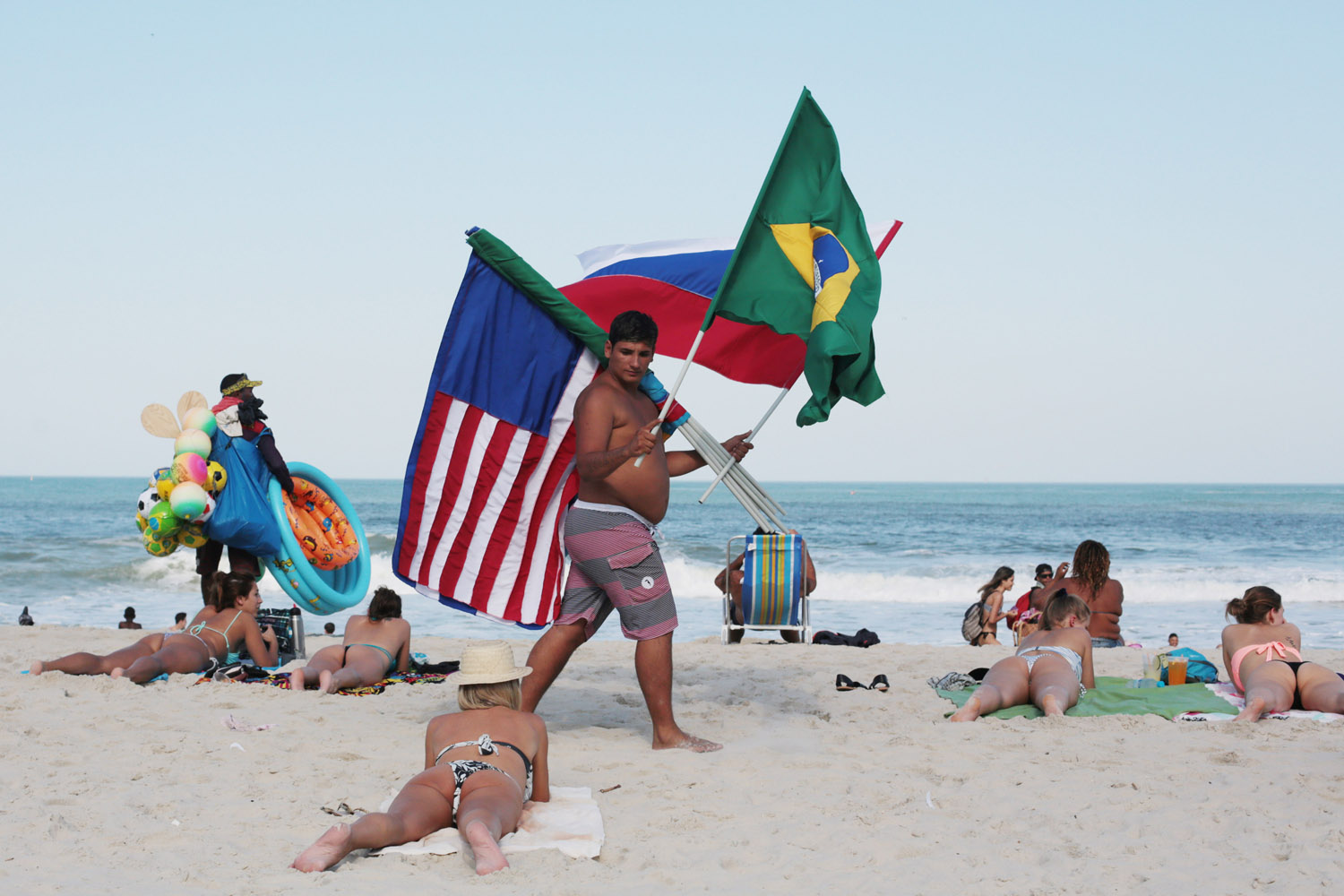
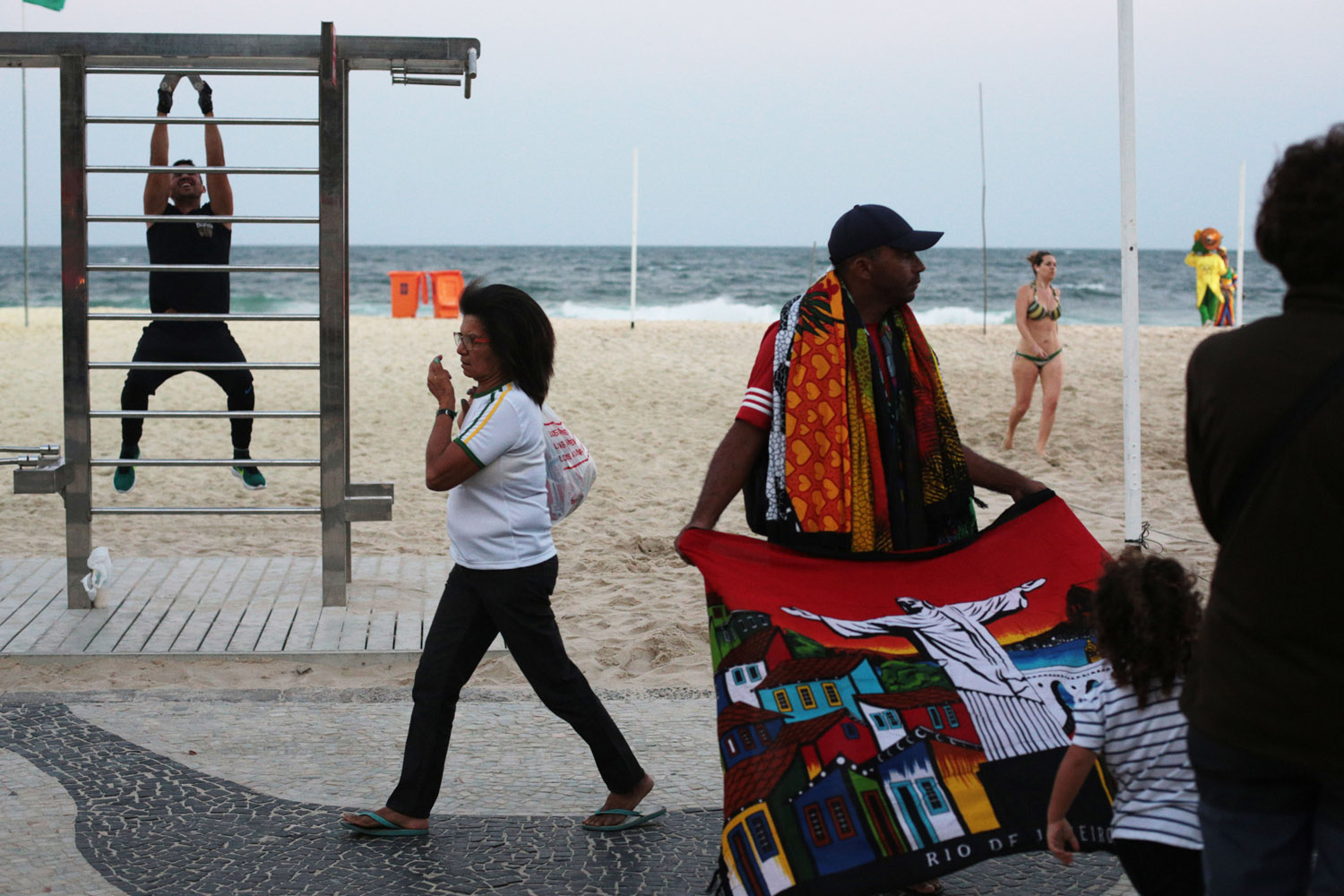
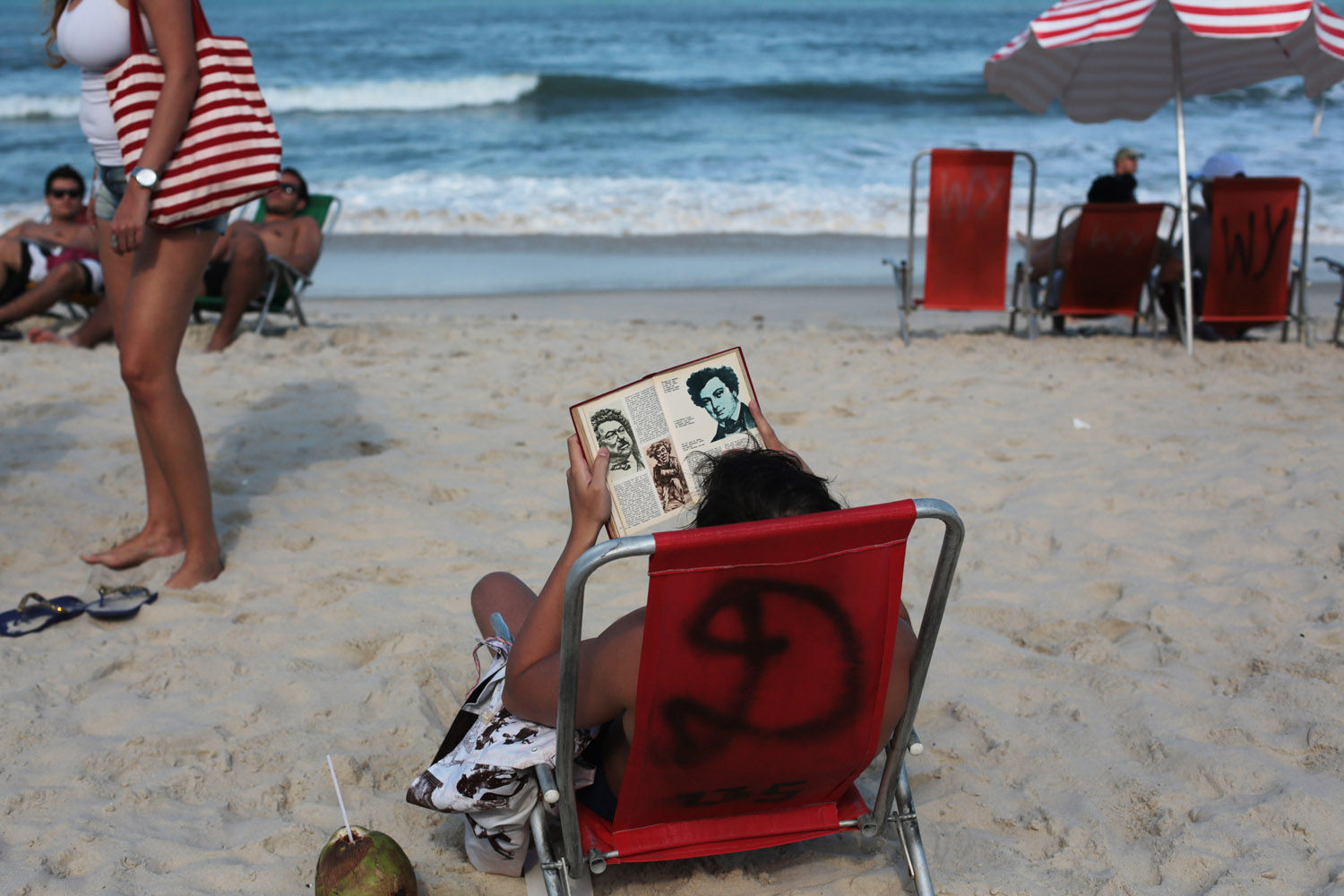
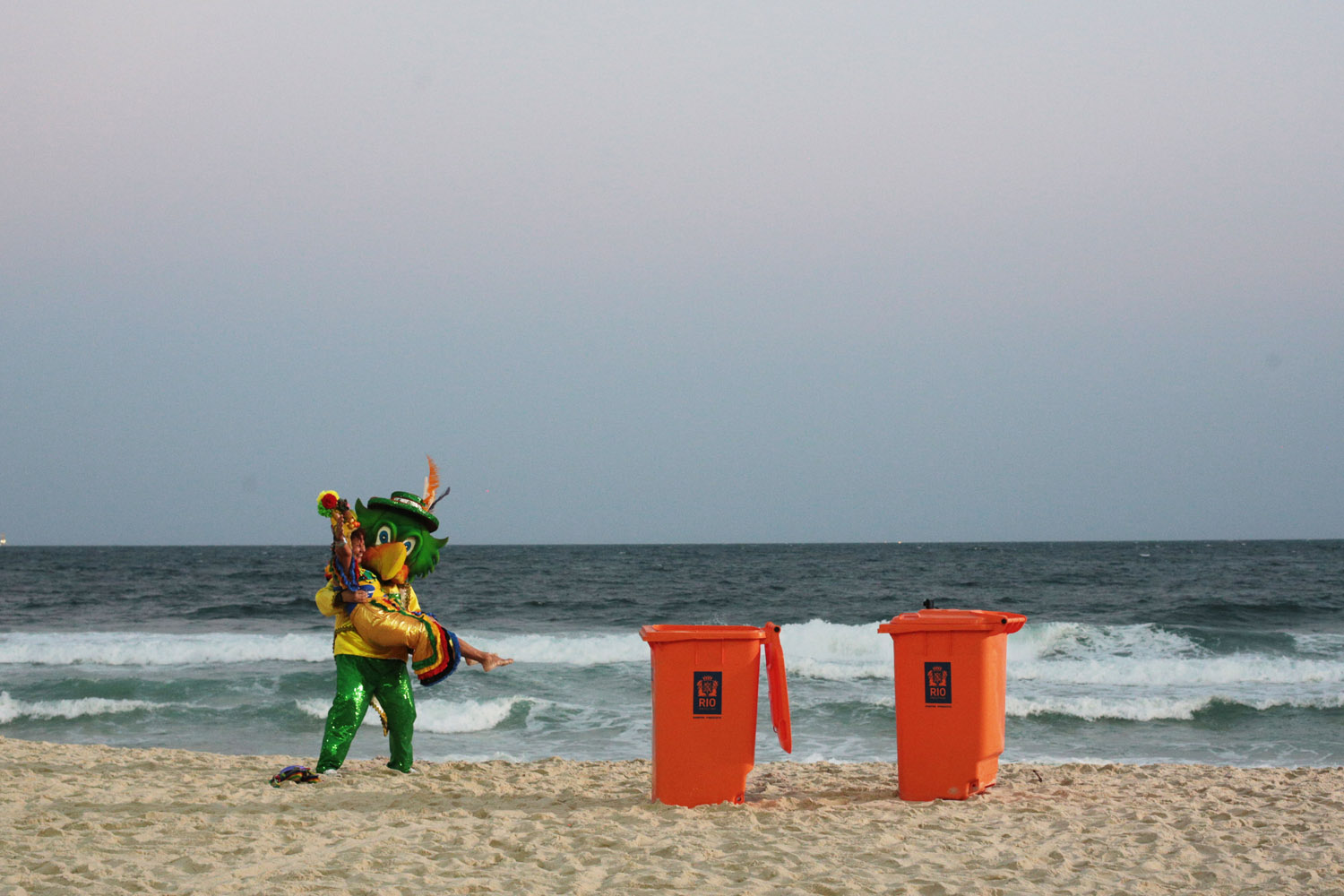
The second feeling is being run ragged. You are following the athletes from competition to competition, trying to see as many different kinds of sport as possible. You end up not seeing the Olympics itself even out of the corner of your eye — you don’t know who has how many medals, who won, what happens tomorrow. You don’t know any of the world news: the only news you react to is another robbery in Rio. You live only in the present, trying to take a good picture and quickly send it. Your back is killing you from carrying all the lenses. You sleep no more than five hours a day, and don’t have other time to eat but in the morning or at night.
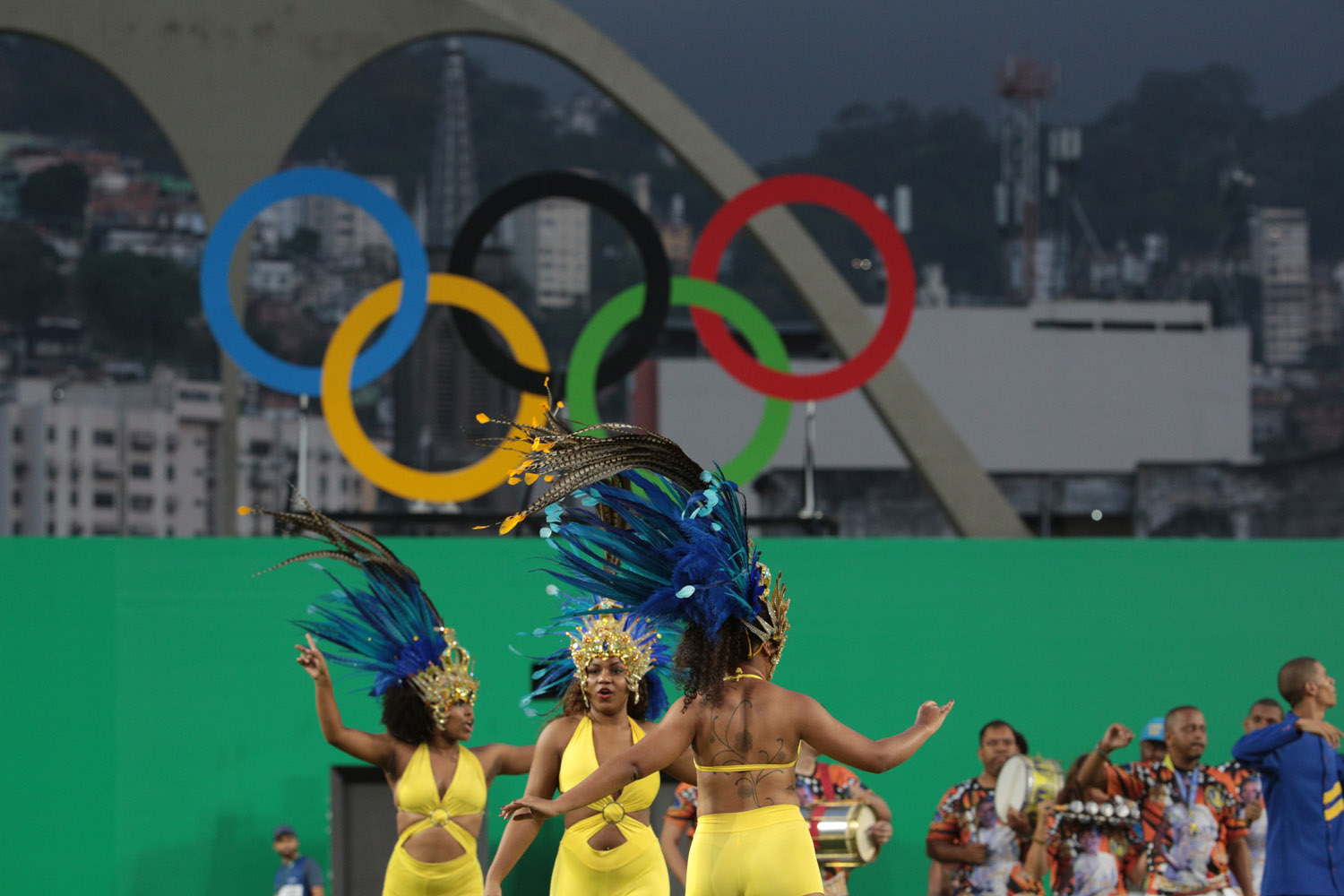
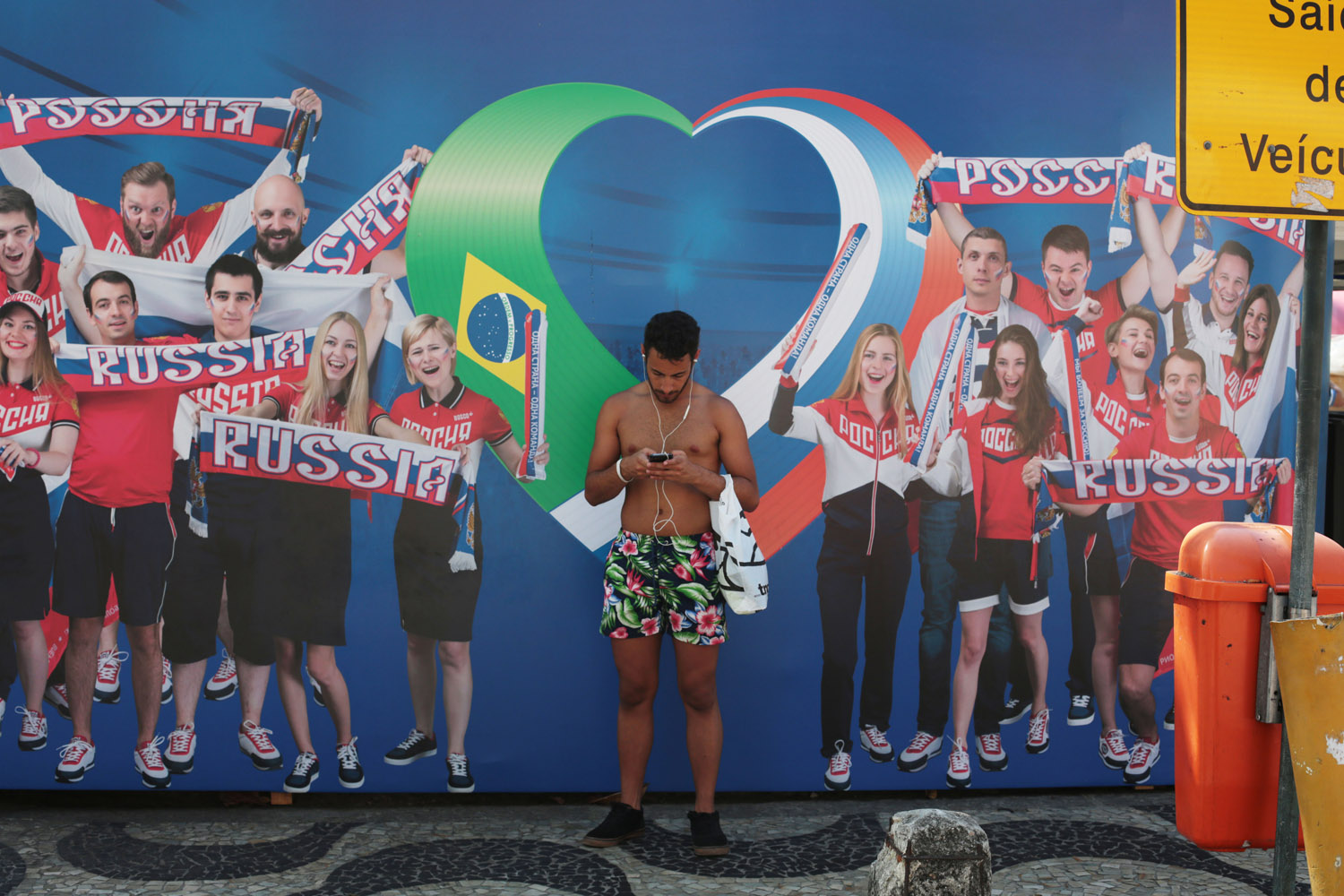
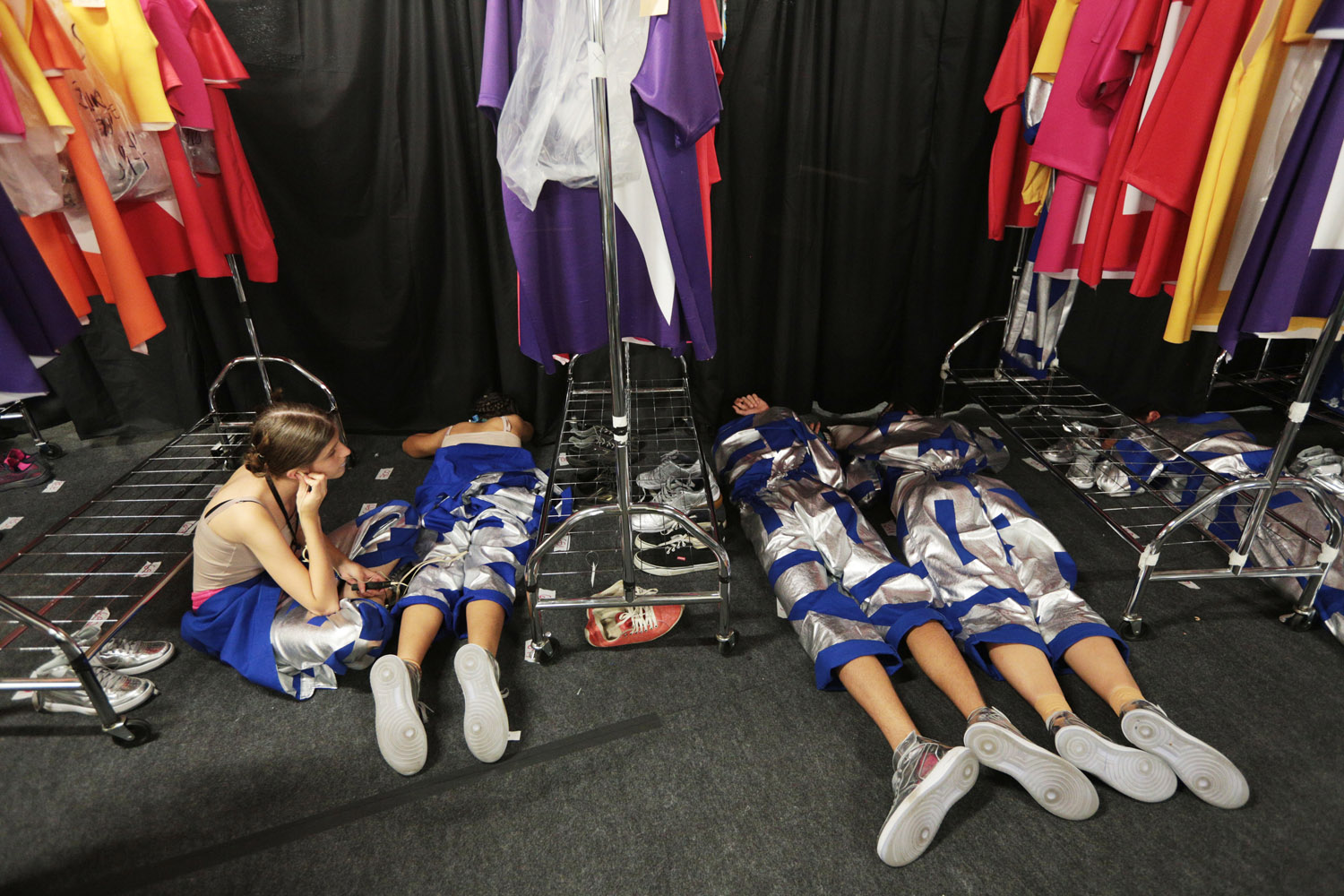
The organization and other small details don’t matter that much because of the constant stress. However, writing journalists complain no less than photographers: the very fact that there is no McDonald’s (official Olympics partner) in the press center confuses even the most experienced reporters who have covered 10 or 15 Games. We have only two options: either eat at the dining hall with crazy prices (a good lunch costs at least $15) or live on a cup of noodles.
No matter what, we are in the middle of the main sporting event of every four years, and if you get used to the Brazilian reality, you can enjoy the pure competition spirit and the atmosphere of a sports holiday, as Brazilians are one of the most emotional fans in the world.
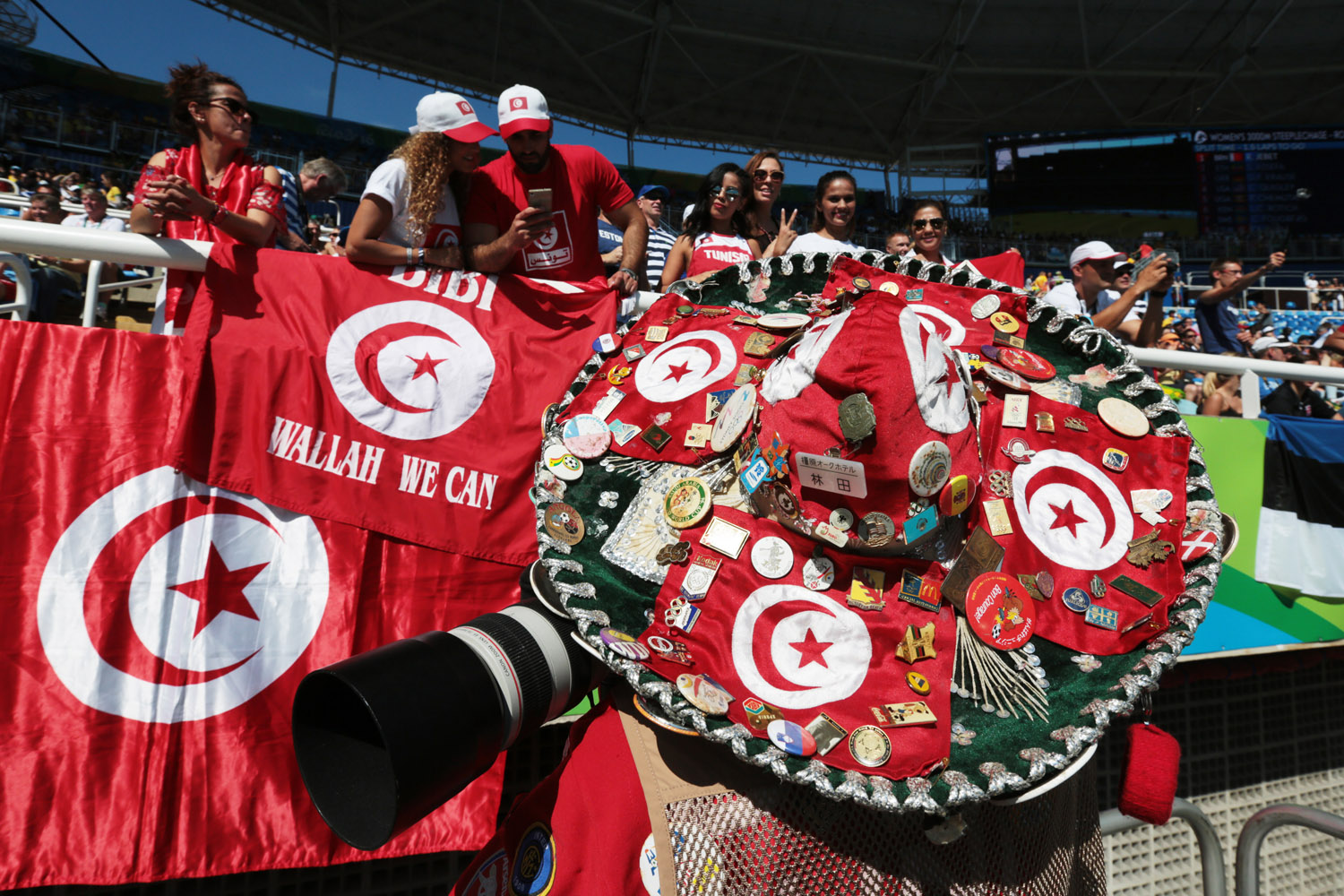
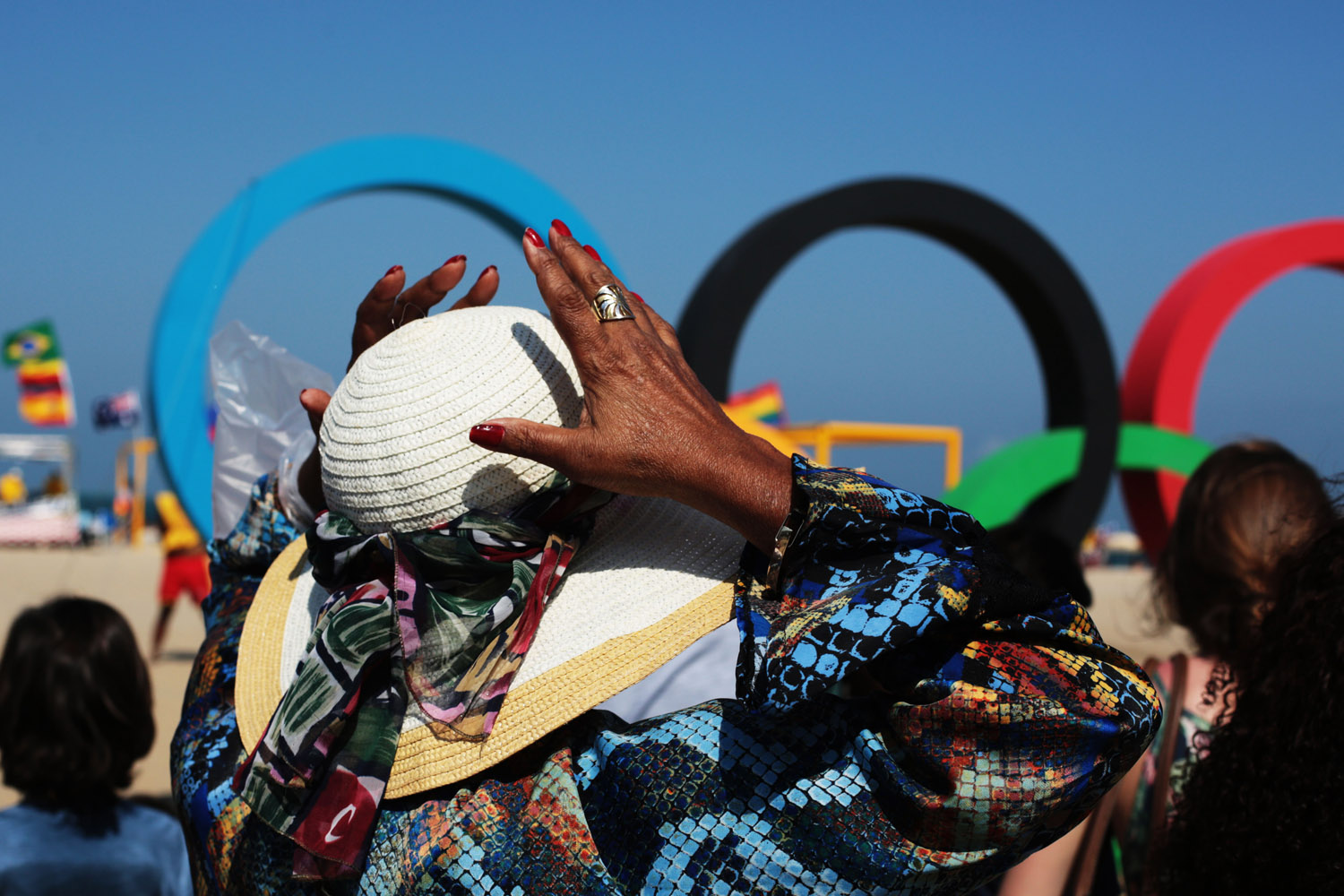
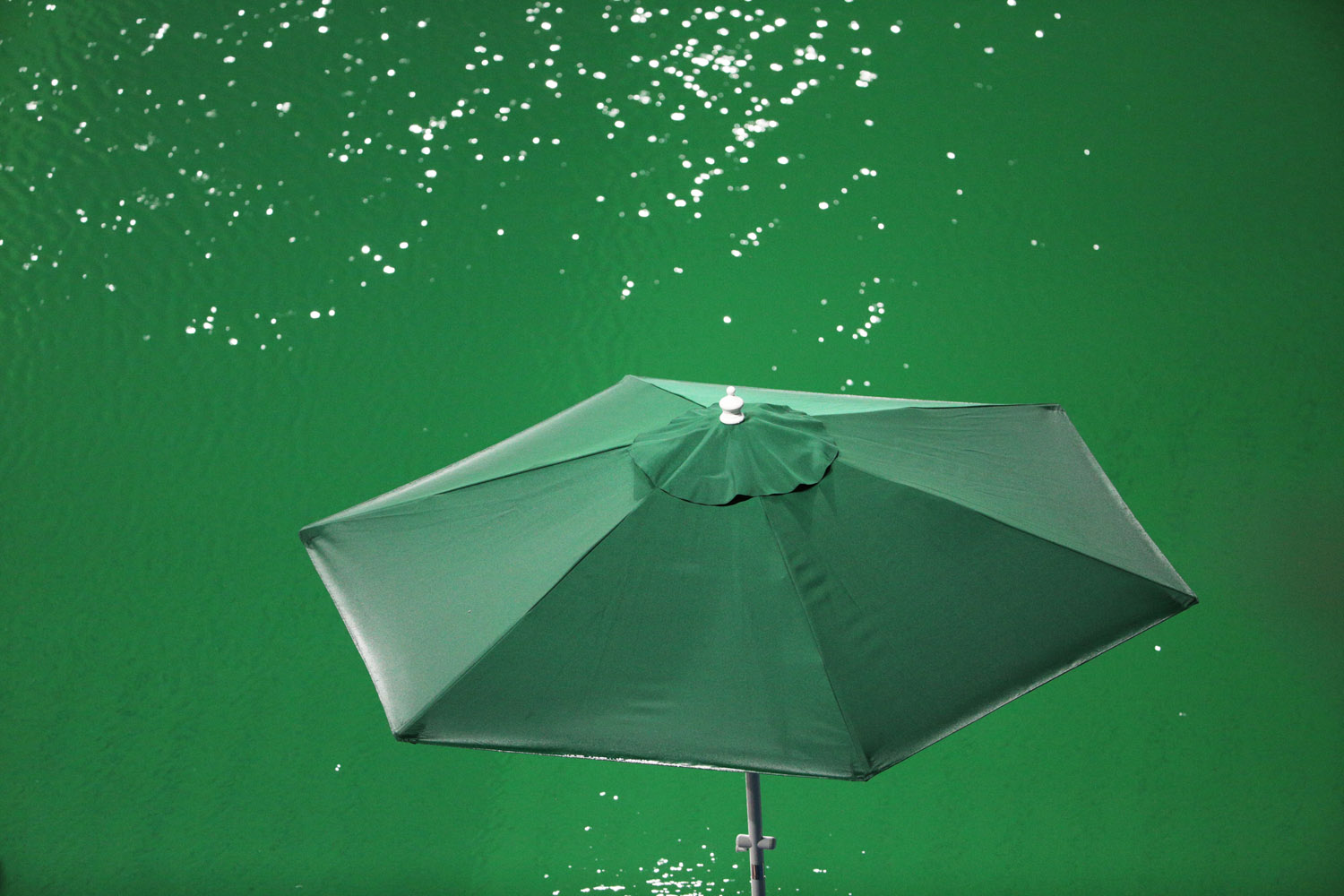
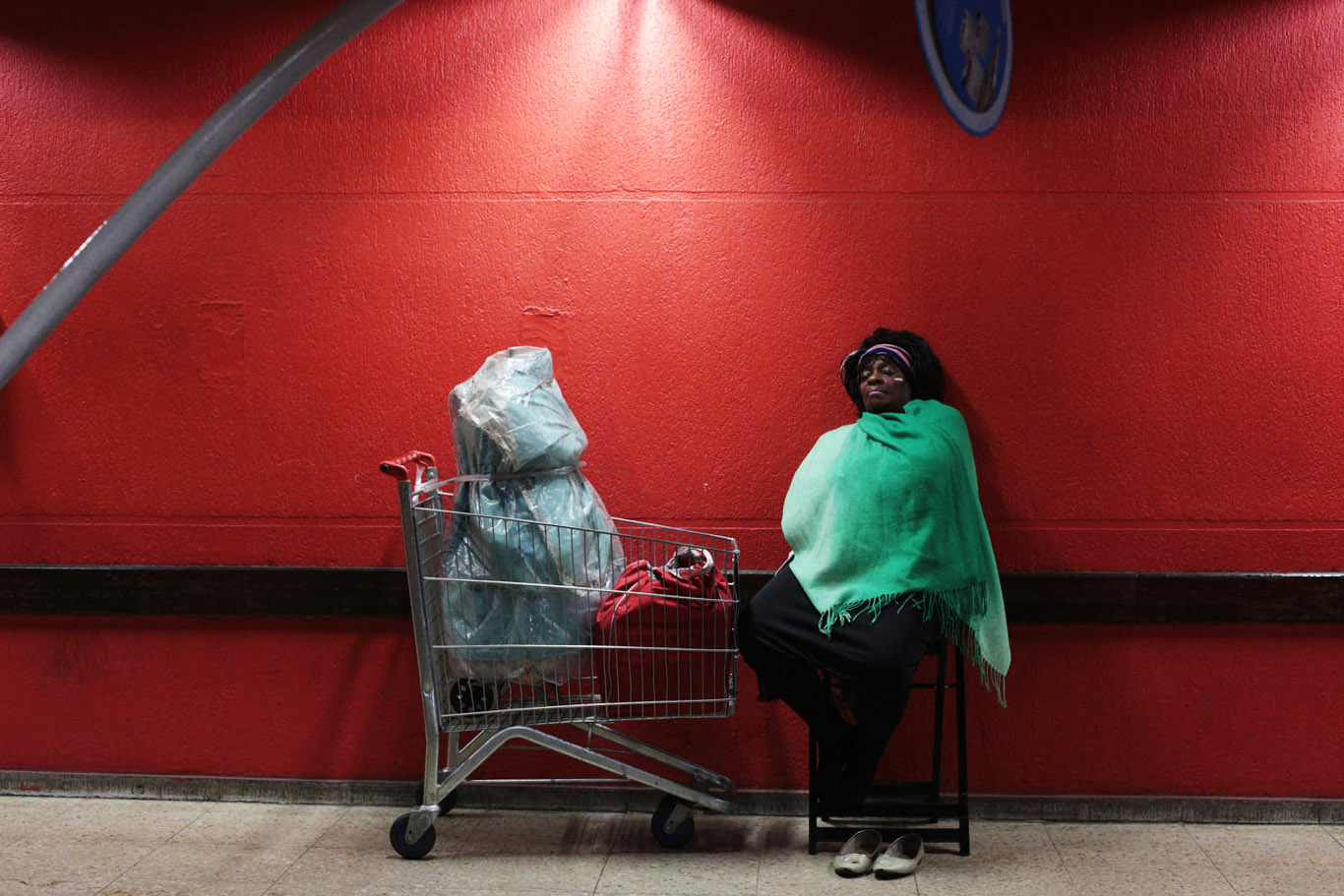
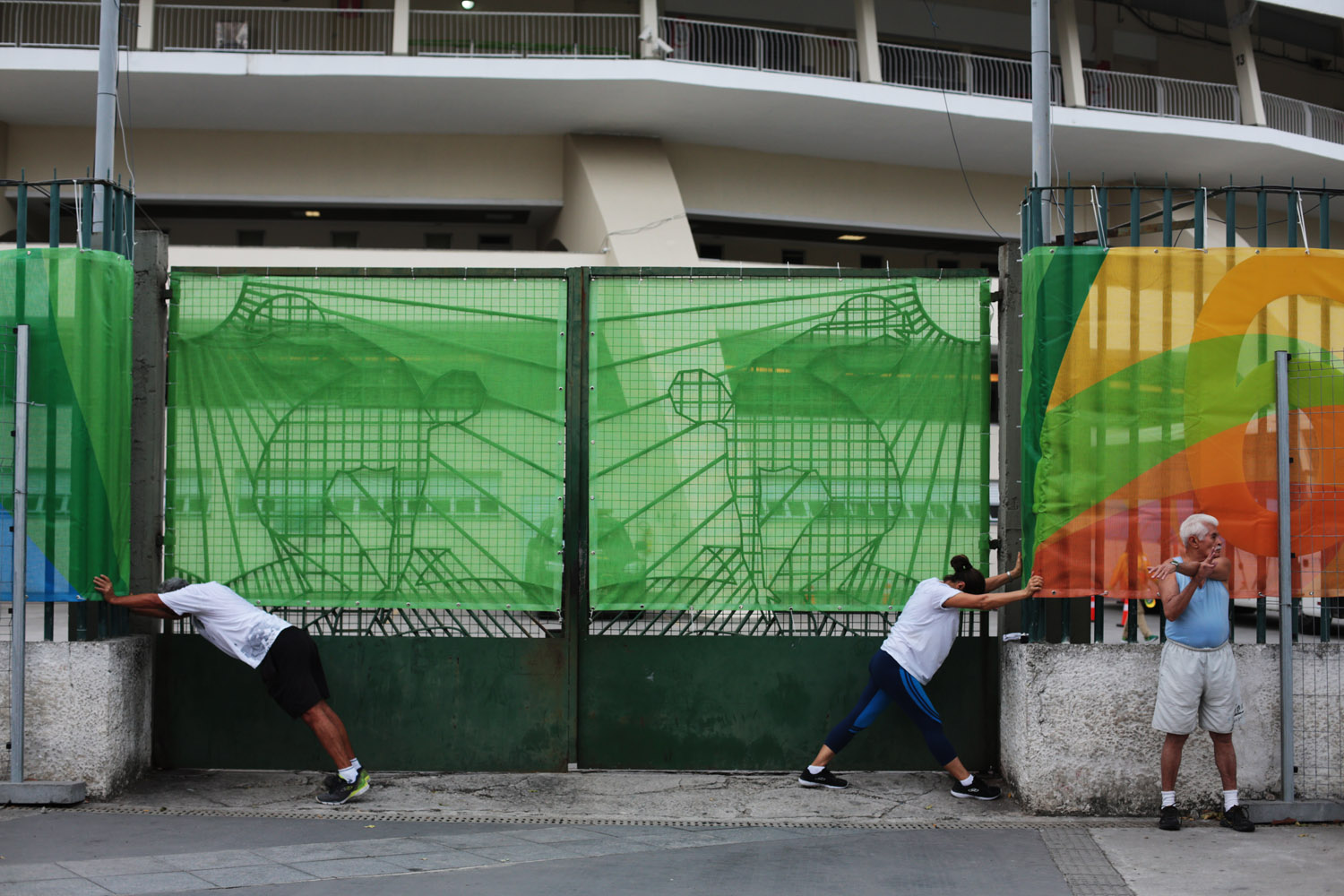
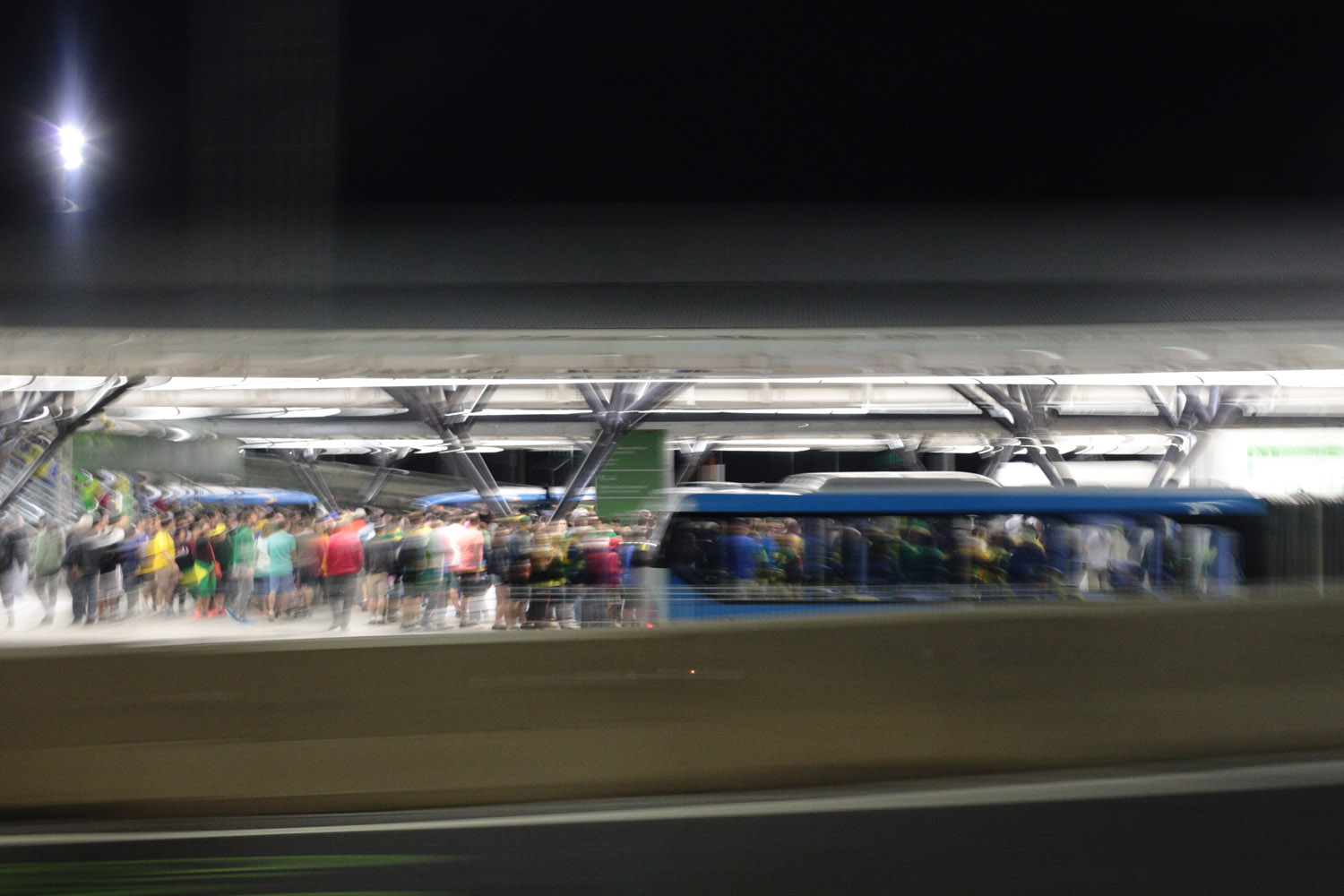
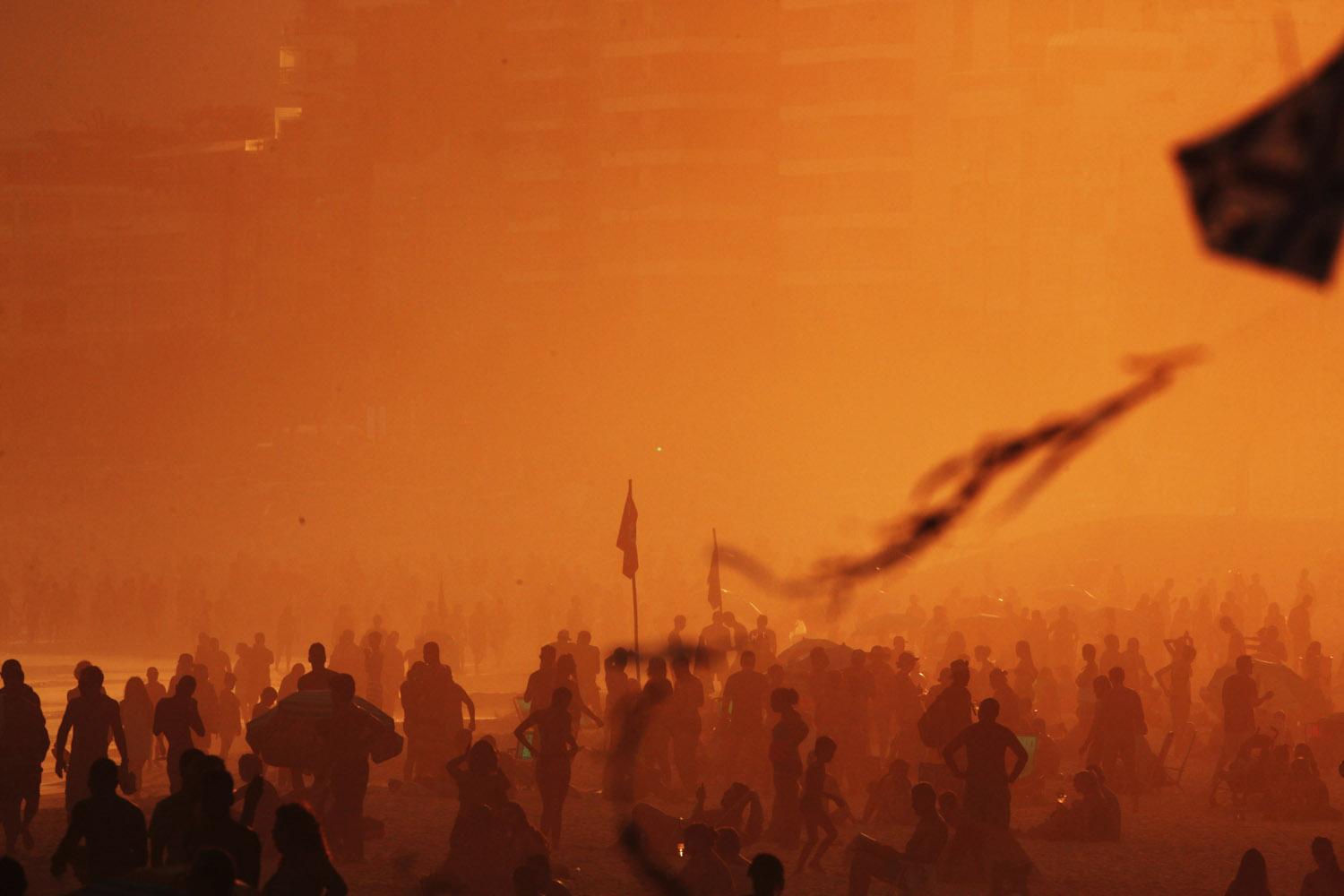
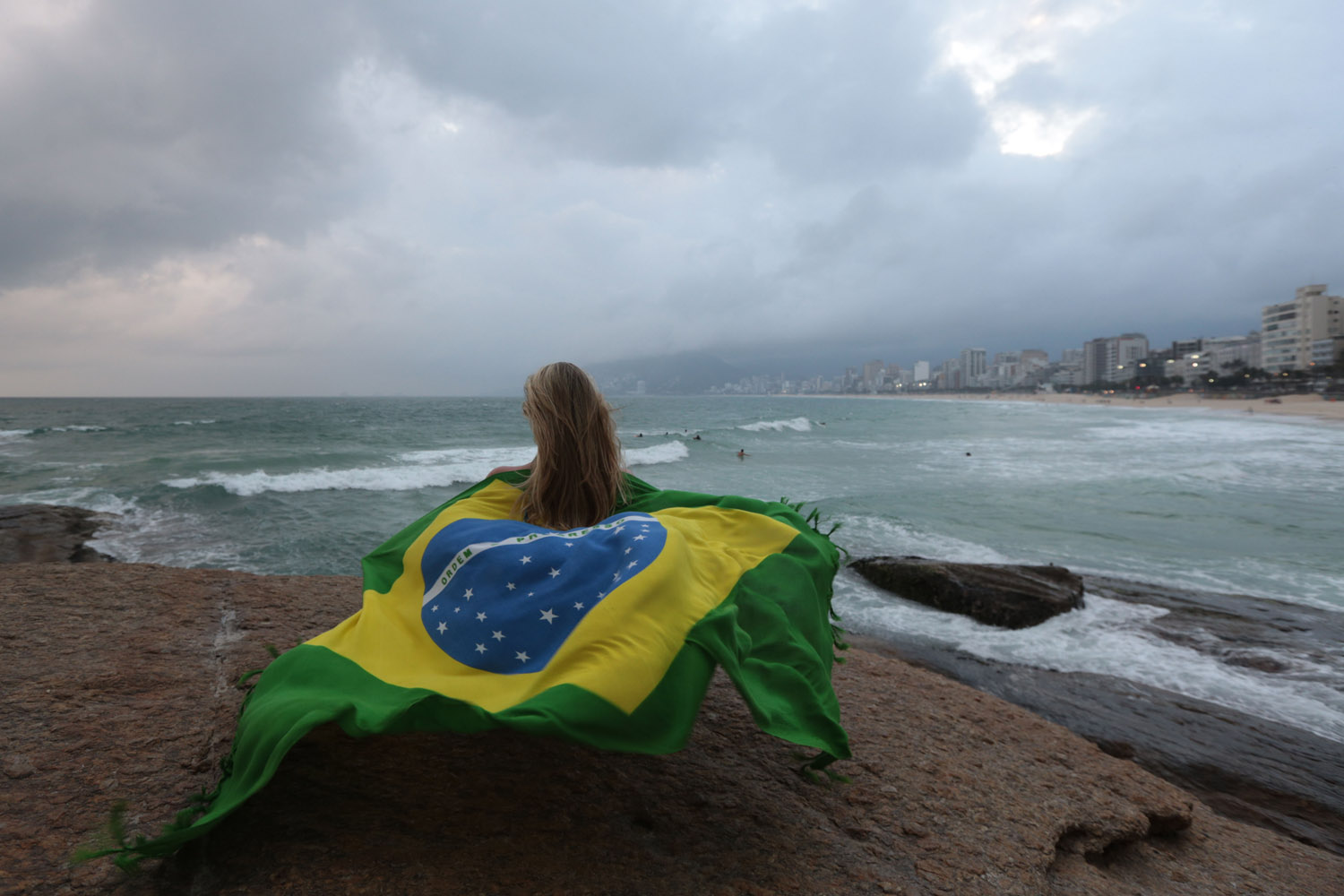
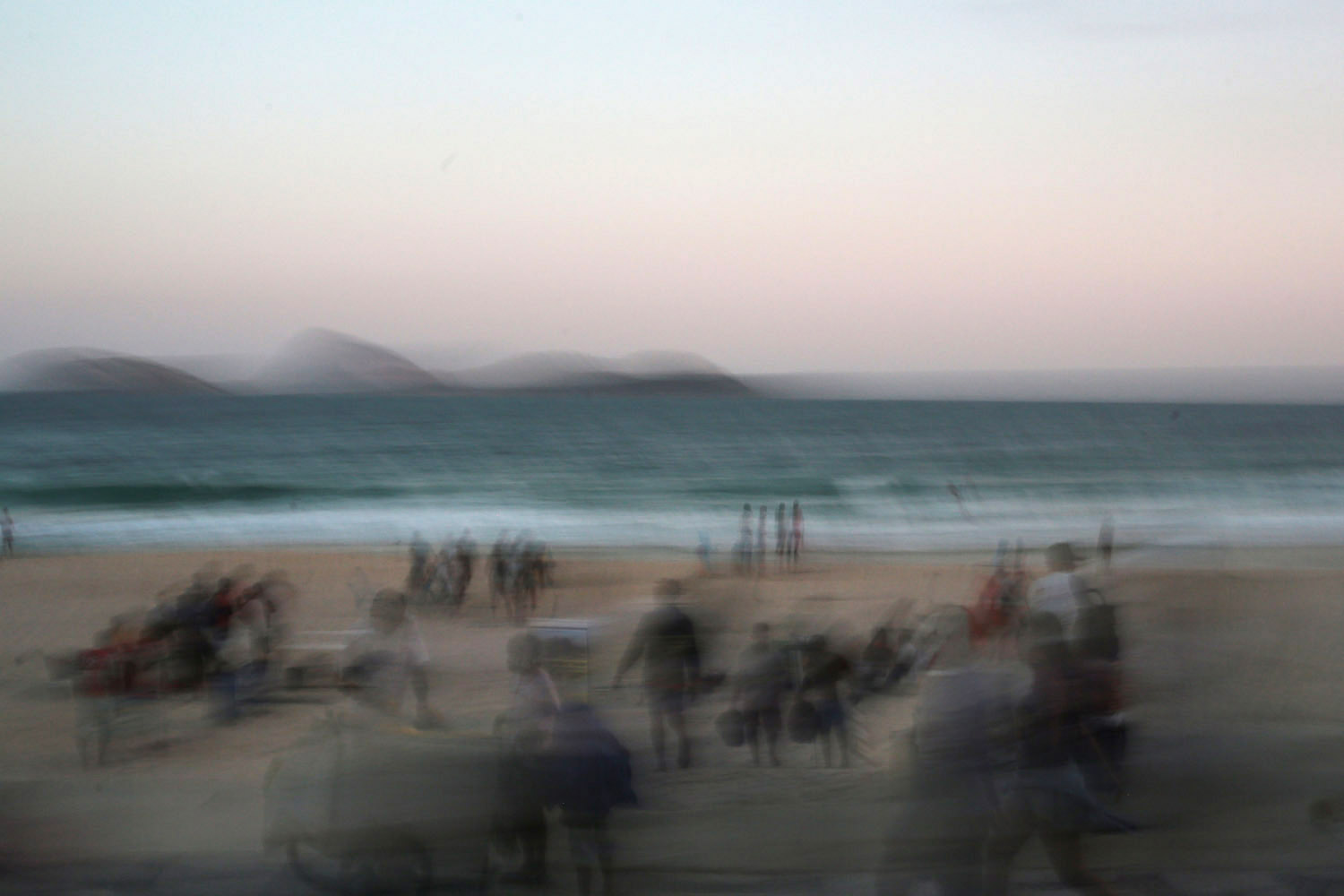
New and best
